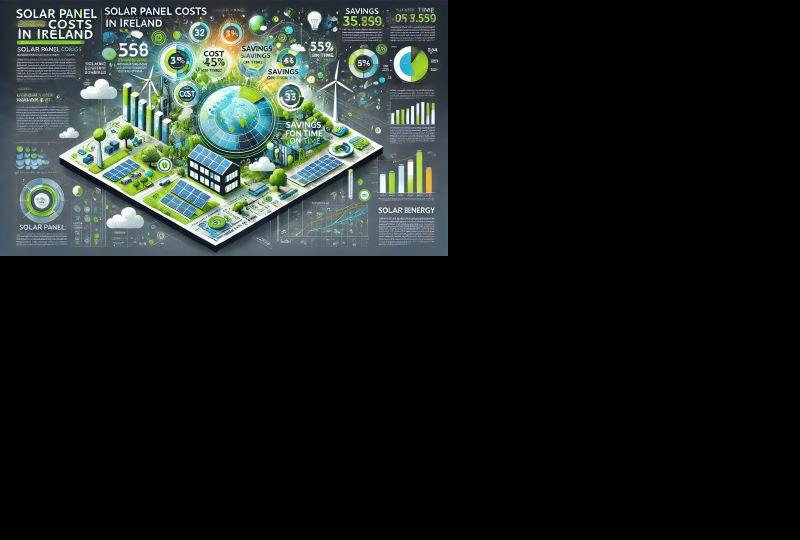

The price for installing solar panels can vary significantly, typically ranging from €6,000 to €18,000.
Additionally, with advancements in photovoltaic systems and increased government support for renewable energy technologies, solar panels continue to become more efficient and less intrusive in terms of their environmental impact. These include grants from the Sustainable Energy Authority of Ireland (SEAI) and a VAT reduction on solar equipment. This can be particularly useful in managing energy consumption during power outages or peak tariff times. Long-term support for solar panel users is critical, and most manufacturers offer a warranty that generally lasts between 20 to 25 years.
These incentives are designed to make solar power more affordable and accessible, encouraging a broader adoption across the country. greenhouse gas emissions Generally, the cost to install solar panels ranges from €6,000 to €18,000, a spectrum influenced by several factors including the size and type of the system, the quality of solar panels-whether monocrystalline or polycrystalline silicon-and the inclusion of supplementary components such as battery storage systems and advanced inverter technology. In conclusion, the decision to install solar panels is a wise investment in today's energy landscape.
Certifications, customer testimonials, and the provider's track record are key indicators of reliability and effectiveness. Despite Ireland's variable weather, the country receives enough sunlight to make solar energy a practical choice for many. This broad range reflects the varying needs and capacities of different households and buildings, emphasizing the need for potential solar panel users to consider their specific energy requirements and roof configurations.
Solar Panel Quotes enhances the solar installation experience by offering a unique service where customers can receive three competitive quotes from reputable solar PV providers. Advanced solar inverters are integral to these systems, enabling the conversion of solar-generated direct current (DC) into the alternating current (AC) used in homes and allowing for precise energy management and monitoring via smart meters. Solar panels have become a significant part of Ireland's push towards sustainable energy, offering households and businesses a way to generate their own electricity and reduce reliance on traditional energy sources.
Monocrystalline vs. Polycrystalline solar panels: Which is better?

Posted by Mr Solar Panels Ireland on 2024-12-26
Earn money by exporting excess solar power.
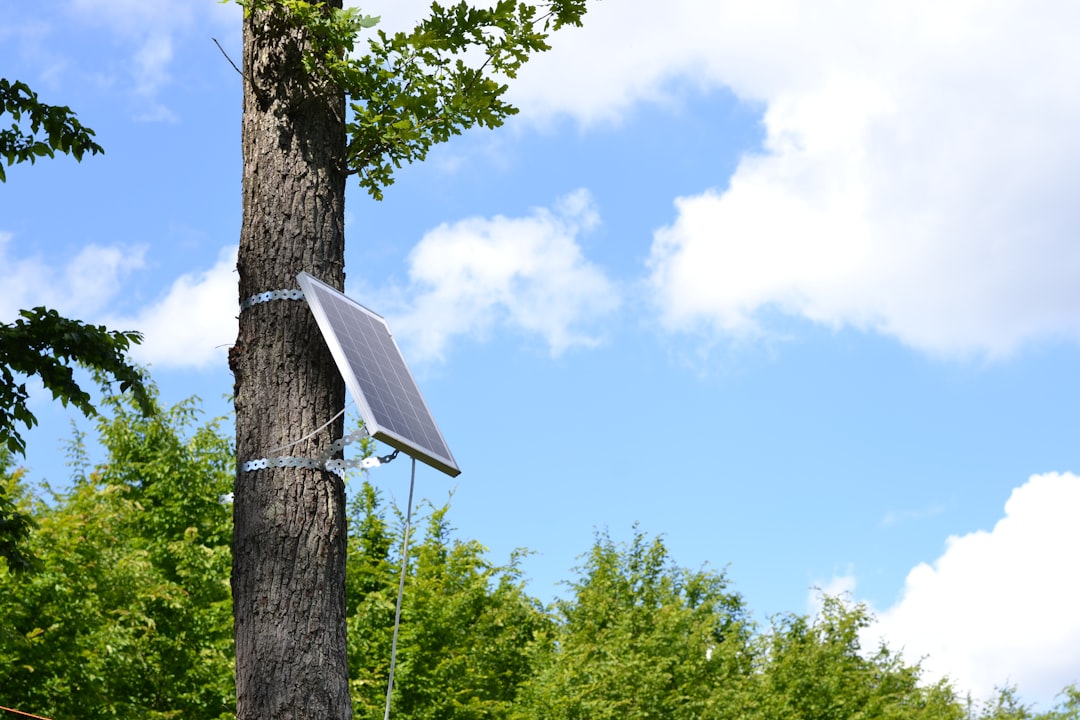
Posted by Mr Solar Panels Ireland on 2024-12-02
Zero VAT makes solar panels more affordable.
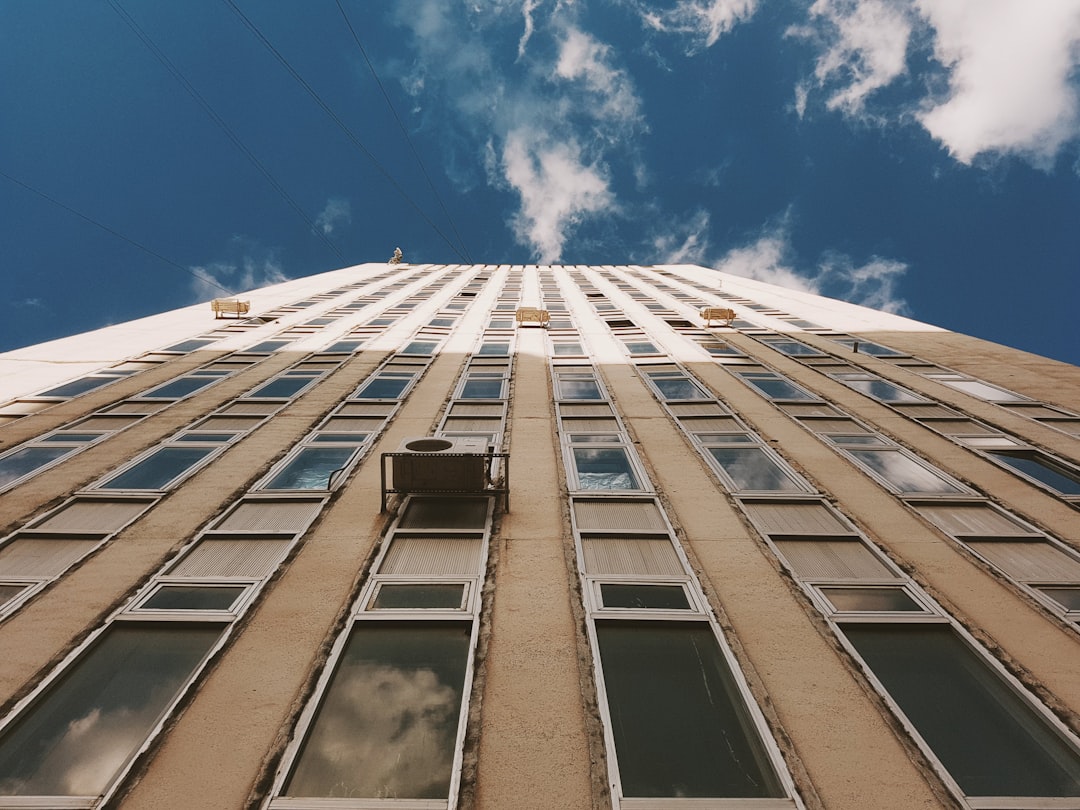
Posted by Mr Solar Panels Ireland on 2024-11-23
How to keep your solar panels in top shape.
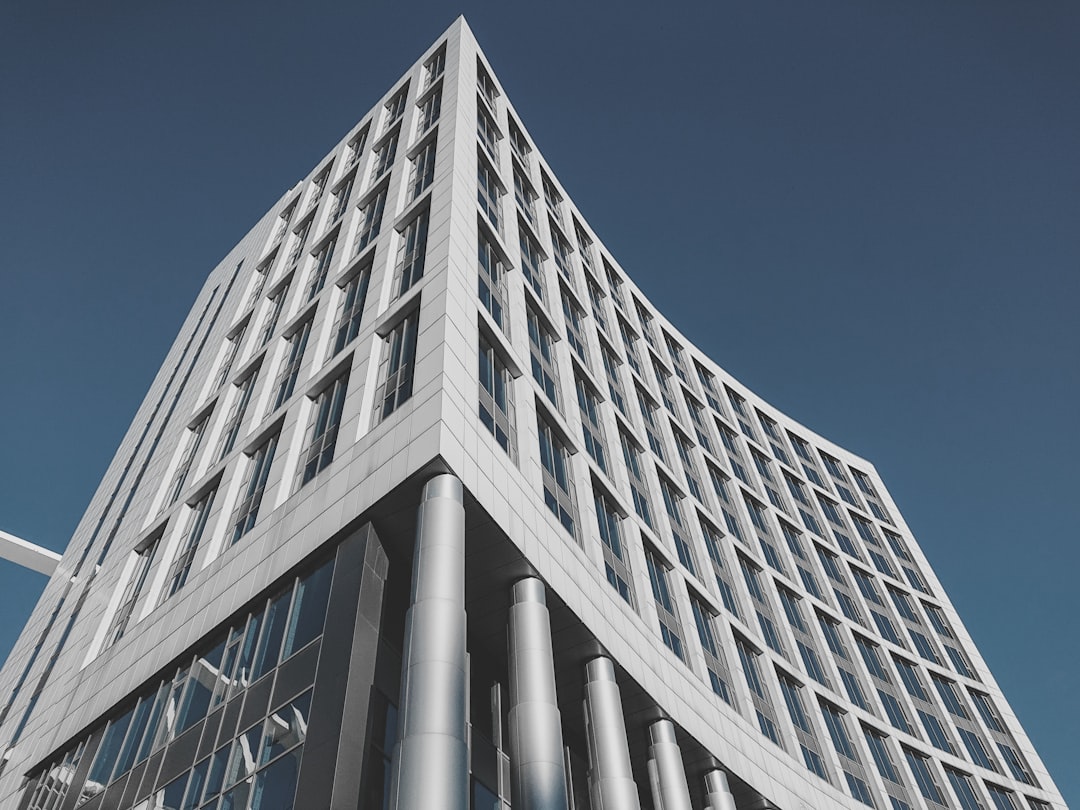
Posted by Mr Solar Panels Ireland on 2024-11-01
How long do solar panels really last?
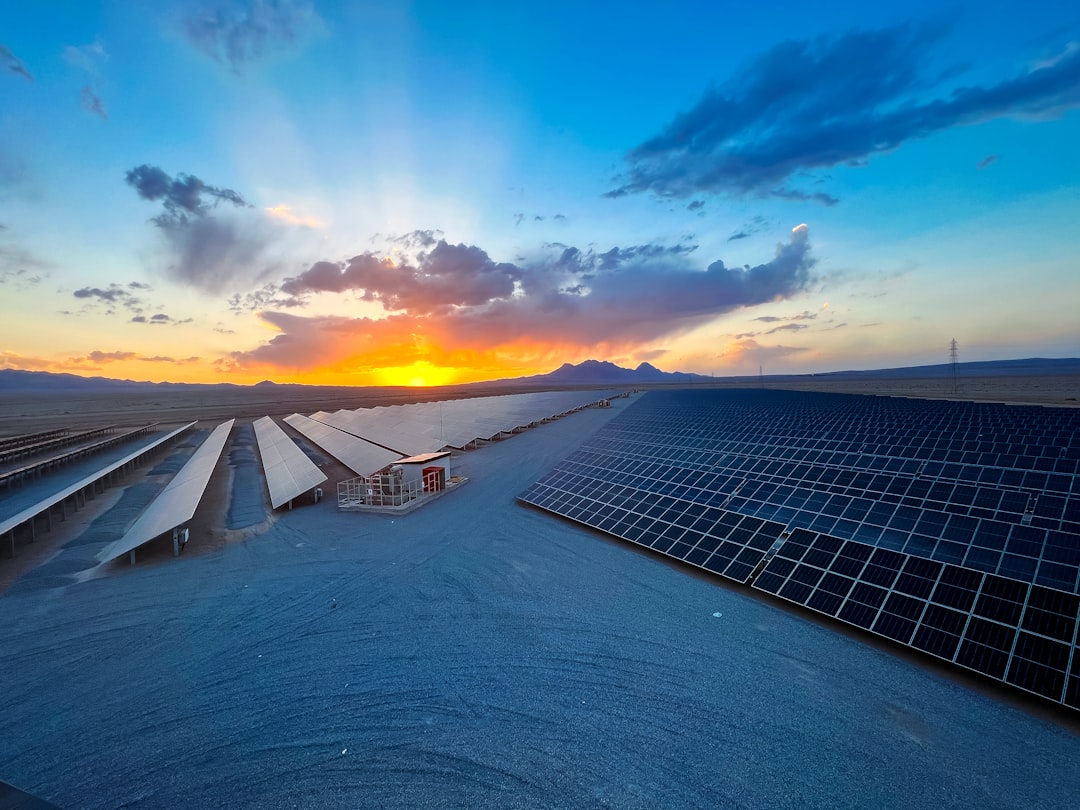
Posted by Mr Solar Panels Ireland on 2024-06-20
Monocrystalline silicon panels, characterized by their uniform dark look and rounded edges, are more efficient at converting light into electricity and, although more expensive, are preferable for areas with limited roof space. The service offered by Solar Panel Quotes empowers consumers by providing transparent, competitive options from high-quality providers, streamlining the process of solar adoption. The average payback period for a solar panel installation in Ireland is around five to seven years, depending on the specifics of the installation and electricity usage patterns.
This service enables potential buyers to compare various options, ensuring they can select the best system tailored to their specific needs and budget. With the costs of traditional energy sources continuing to rise, solar panels provide a cost-effective, sustainable alternative.
Despite the variable climate in Ireland, solar energy remains a viable and effective option.
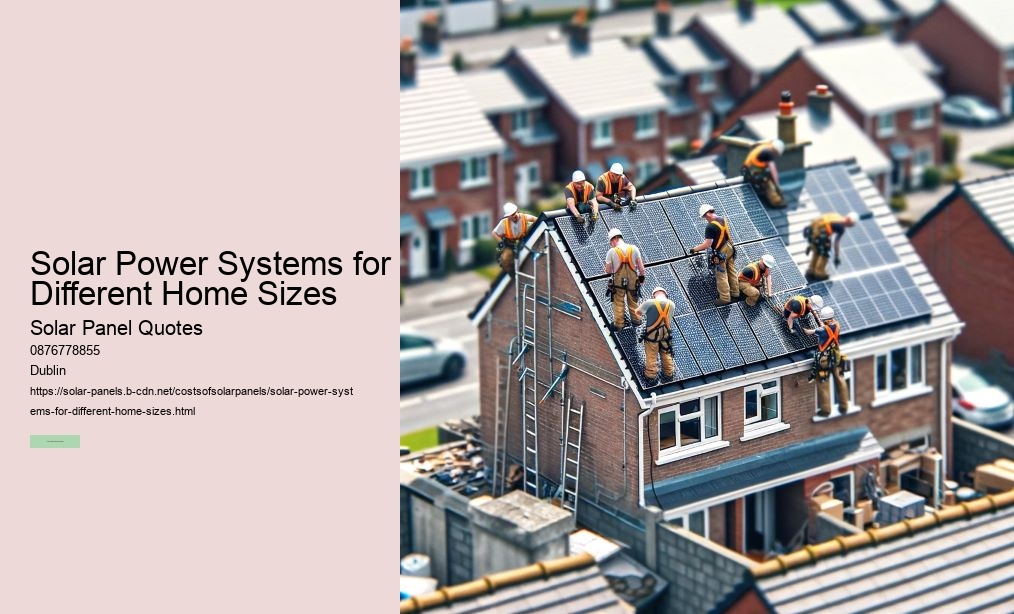
These panels are particularly beneficial for those with limited roof space, as they provide maximum output from a smaller area, albeit at a higher cost. These installations not only reduce the need for traditional energy sources for water heating but also complement the electricity savings provided by photovoltaic panels.
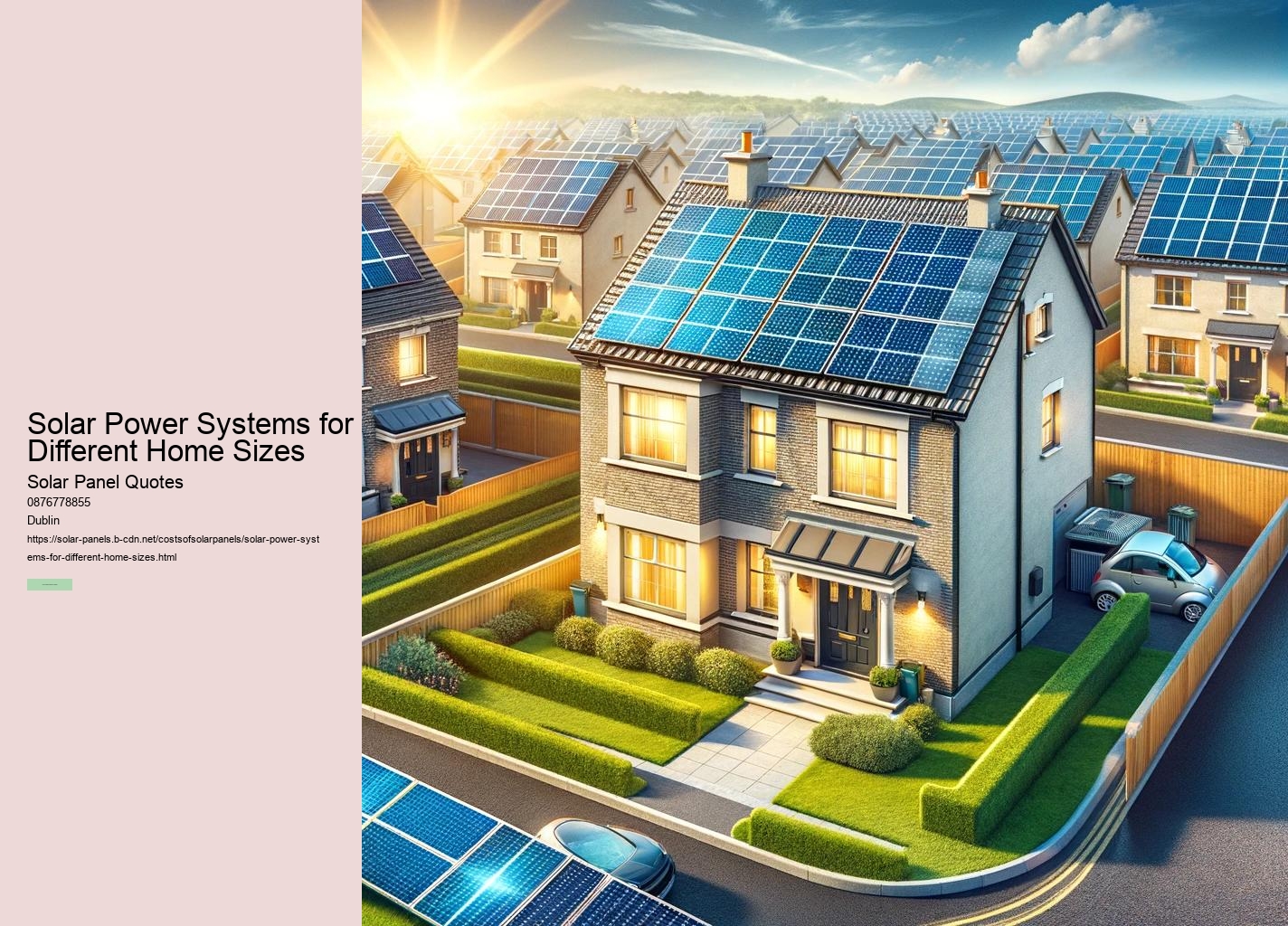
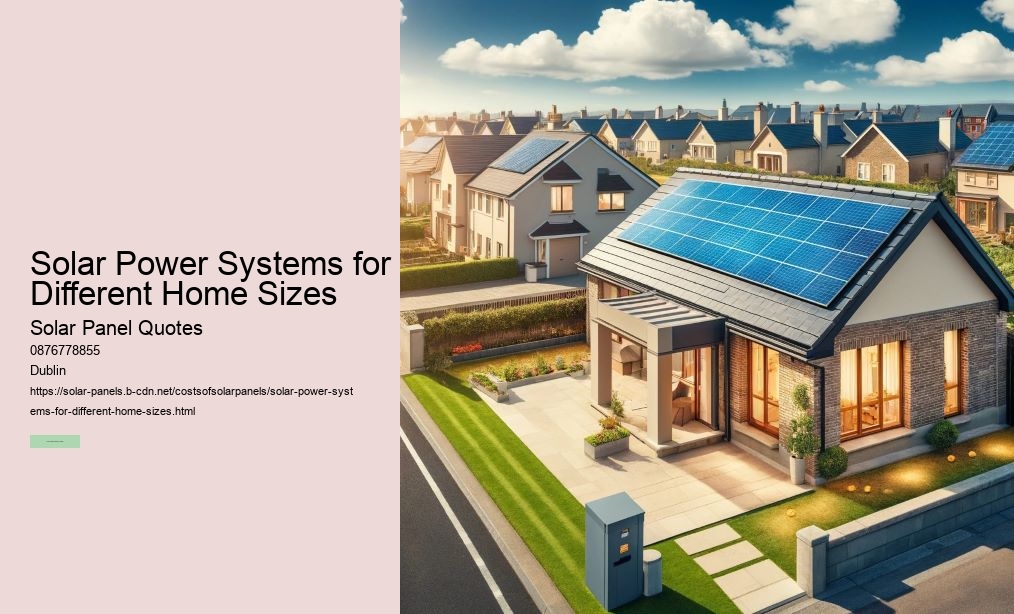
Monocrystalline silicon panels are favored for their efficiency and smaller spatial footprint, making them ideal for areas with limited roof space, although they come at a higher cost. When discussing the cost of solar panels in Ireland, it is essential to consider a comprehensive range of factors that influence the initial investment and the long-term returns of installing a photovoltaic system. Additionally, integrating solar thermal systems to handle water heating can further reduce energy costs.
The investment in solar technology aligns well with Ireland's commitment to renewable energy, as it offers both residential and commercial properties a dependable source of electric energy while decreasing dependency on conventional power sources. With a warranty period typically extending up to 25 years, solar panels offer a durable solution to energy needs.
These incentives significantly lower the initial investment required and make solar power a more attractive option financially. The ability to receive multiple quotes from high-quality providers simplifies the decision-making process and ensures transparency in pricing and service offerings.
The long-term financial benefits of solar panels are significant. The installation and orientation of solar panels are tailored to maximize exposure to available sunlight, enhancing the efficiency of the energy generated.
With the increasing focus on renewable energy, solar panels offer a sustainable solution to energy needs, providing significant long-term financial and ecological advantages. Selecting the right provider is crucial in the solar panel purchase process. A thorough evaluation of the provider's certifications, experience, and customer reviews can guide customers in making informed decisions. Exploring the cost of solar panels in Ireland requires a comprehensive review of several key factors, including the initial outlay, the potential savings on electricity, and the broader environmental benefits.
This shift to renewable sources is essential in combating climate change and promoting environmental sustainability. sunlight When discussing the cost of solar panels in Ireland, it is crucial to analyze both the immediate investment required and the long-term financial and environmental benefits. Typically, the investment in solar power pays for itself within five to seven years through savings on energy bills, depending on the system's scale and the household's energy usage patterns.
Looking at certifications, customer reviews, and the provider's history of installations can offer valuable insights into their credibility and the effectiveness of their solar solutions. Ireland offers several incentives for solar energy adoption, including grants from the Sustainable Energy Authority of Ireland (SEAI) and reduced VAT rates, making solar installations more affordable. Solar panels also play a crucial role in environmental conservation by reducing the household's reliance on fossil fuels and decreasing greenhouse gas emissions.
The integration of battery storage systems in solar installations has become increasingly popular. When evaluating the cost of solar panels in Ireland, it's essential to consider both the initial investment and the long-term benefits that accrue from their use. These incentives are designed to make solar power more accessible and affordable, encouraging wider adoption across the country.
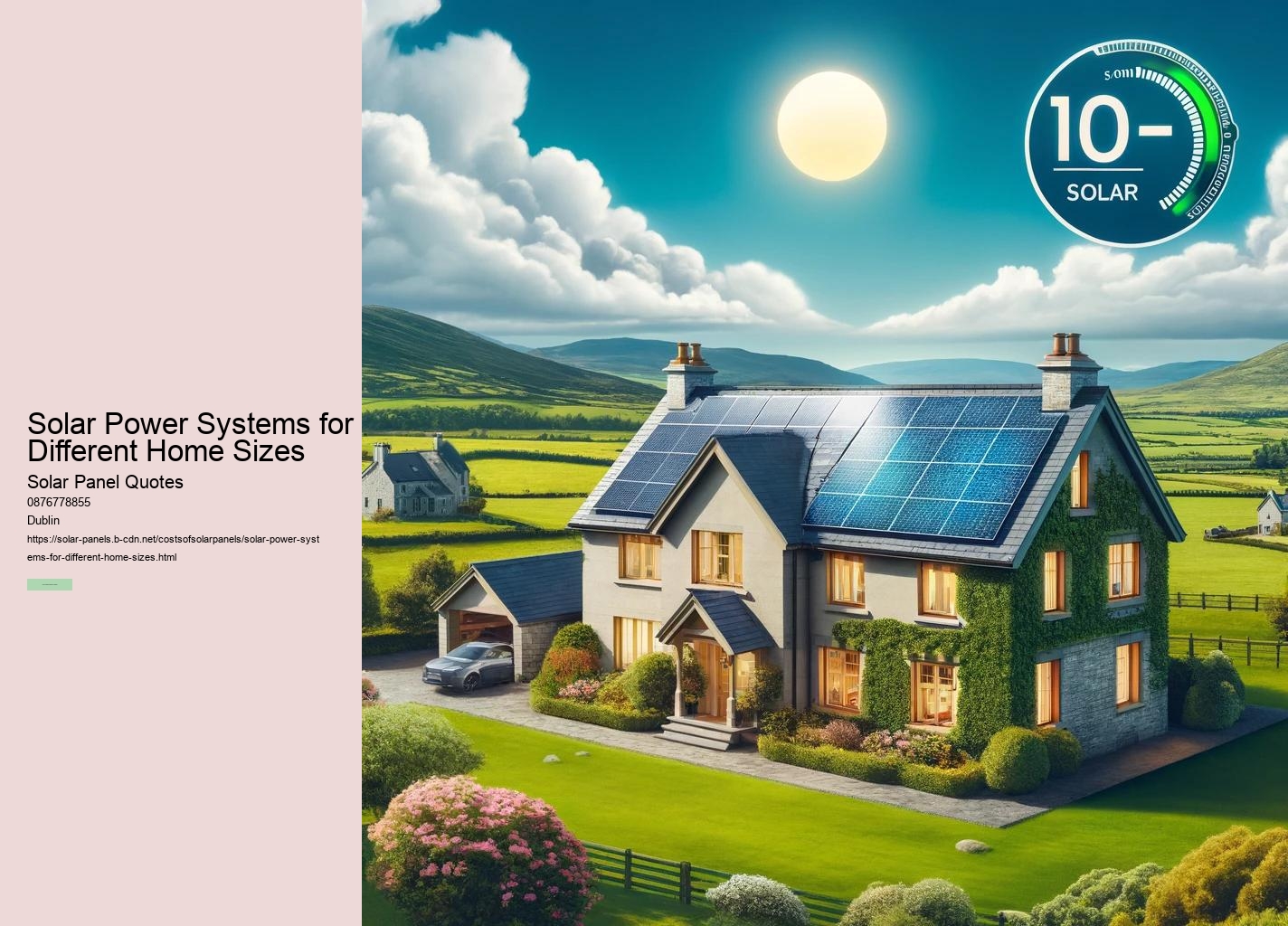
Integrating a battery system into a solar panel setup enhances its utility by allowing homeowners to store excess electricity generated during the day for use during less sunny periods or during nighttime.

Yes, there are several financing options available in Ireland for solar panel systems, including loans, leases, and Power Purchase Agreements (PPAs).
Monocrystalline panels are made from a single crystal structure and are more efficient, while polycrystalline panels are made from multiple crystal fragments and are more cost-effective.
Monocrystalline solar panels offer high efficiency and longevity, making them ideal for maximizing output in areas with limited space.
Solar panels typically pay for themselves within 5 to 7 years in Ireland through savings on electricity bills.
Yes, there are several financing options available in Ireland for solar panel systems, including loans, leases, and Power Purchase Agreements (PPAs).
Solar panels require minimal maintenance, primarily involving regular cleaning and periodic checks to ensure they are functioning optimally.
The average cost of installing solar panels in Ireland ranges from €6,000 to €18,000, depending on the size and specifications of the system.